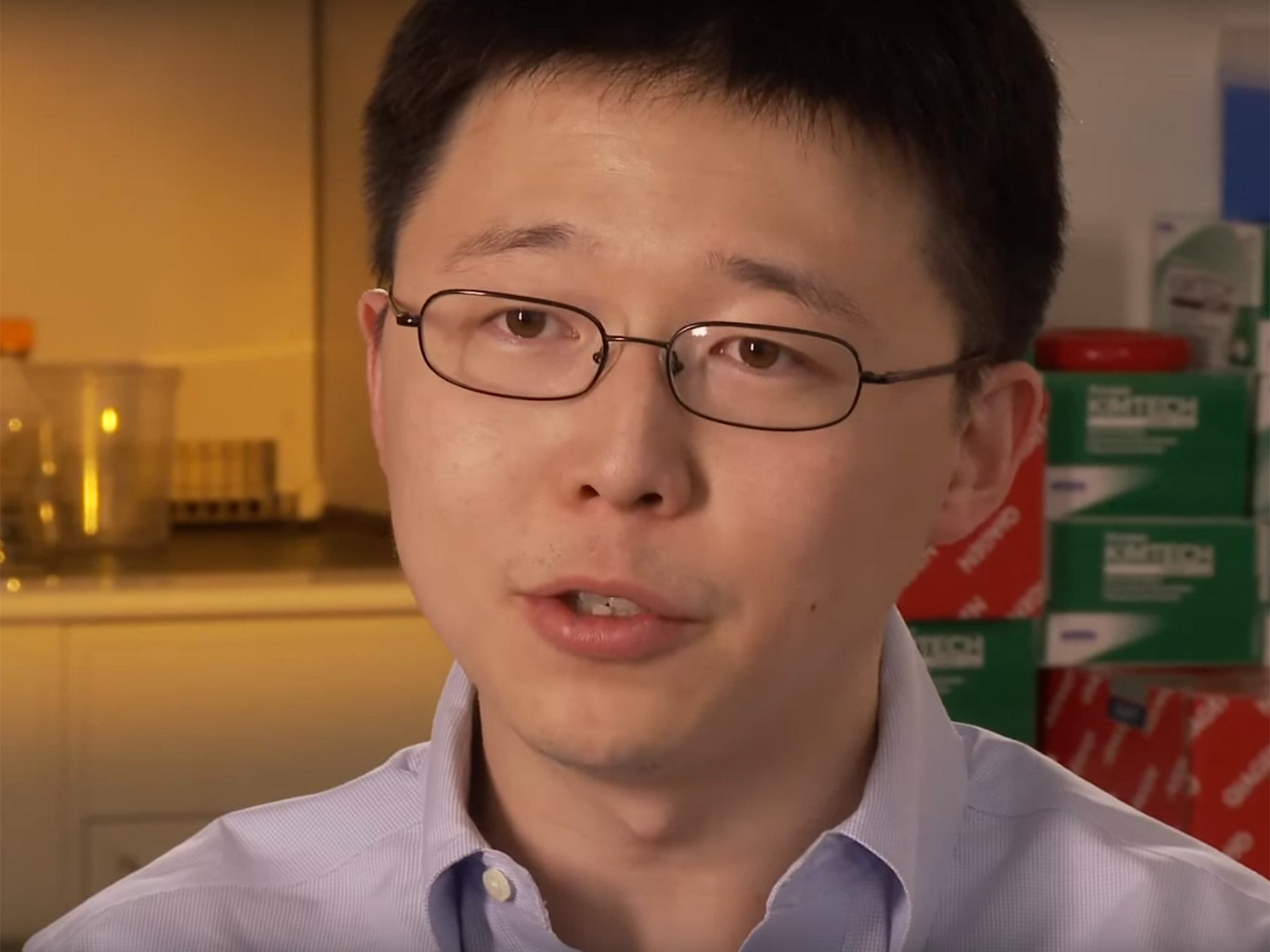Crispr: Scientist who awarded patents on gene-editing excluded from Warren Alpert Foundation Prize
Move seen as a blow to the Broad Institute’s on-going claims of scientific priority in a bitter patent dispute with other American universities over the Crispr technique

Your support helps us to tell the story
From reproductive rights to climate change to Big Tech, The Independent is on the ground when the story is developing. Whether it's investigating the financials of Elon Musk's pro-Trump PAC or producing our latest documentary, 'The A Word', which shines a light on the American women fighting for reproductive rights, we know how important it is to parse out the facts from the messaging.
At such a critical moment in US history, we need reporters on the ground. Your donation allows us to keep sending journalists to speak to both sides of the story.
The Independent is trusted by Americans across the entire political spectrum. And unlike many other quality news outlets, we choose not to lock Americans out of our reporting and analysis with paywalls. We believe quality journalism should be available to everyone, paid for by those who can afford it.
Your support makes all the difference.The scientist who was awarded most of the patents on a revolutionary method of gene editing called Crispr has been excluded from a list of five winners of a distinguished science prize in the United States who were found to have done most in the understanding of the technique.
One of America’s most distinguished science panels has effectively snubbed Feng Zhang of the Broad Institute in Cambridge, Massachusetts, who has been left off the list of winners of the 2016 Warren Alpert Foundation Prize, overseen by the nearby Harvard Medical School.
Although the $500,000 prize is not of the stature of a Nobel Prize, the decision to leave Dr Zhang off the list of prize-winners will be seen as a further blow to the Broad Institute’s on-going claims of scientific priority in a bitter patent dispute with other American universities over the Crispr technique.
“The game-changing insights achieved by these five scientists led to a technique that has been swiftly embraced across the globe,” said Jeffrey Flier, dean of the faculty of medicine at Harvard Medical School and chair of the Warren Alpert Foundation Prize Scientific Advisory Committee.
Cliff Tabin, head of genetics at Harvard Medical School and a member of the Alpert Foundation's scientific advisory prize committee, added: “There are a large number of researchers who have contributed to the development of the Crispr system and in no small measure share credit for it, but in choosing this year's Alpert Prize recipients, we recognized those who established the understanding of the system and its potential, which others were then able to perfect as a usable tool.”
The five scientists who share the prize are: Rodolphe Barrangou of North Carolina State University, Philippe Horvath, at DuPont in Dangé-Saint-Romain, France, Jennifer Doudna of the University of California, Berkeley, Emmanuelle Charpentier, at Umeå University in Sweden and Virginijus Siksnys, at Vilnius University in Lithuania.
Join our commenting forum
Join thought-provoking conversations, follow other Independent readers and see their replies
Comments